Meeting the same fate as the first attempt, a federal judge has dismissed the second attempt …

Virginia's Public Square
Virginia's Public Square

Meeting the same fate as the first attempt, a federal judge has dismissed the second attempt …
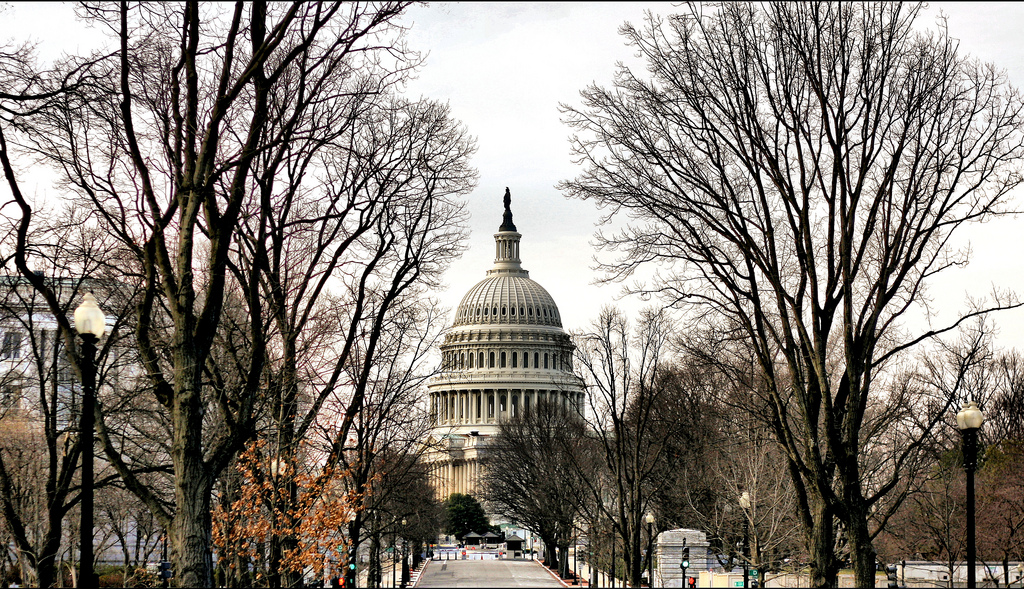
As the first-ever veto from President Trump will strike down the border wall rebuke, it could set up the first-ever Supreme Court case directly dealing with the formalization of the emergency powers of the commander in chief under the National Emergencies Act.

Republicans say the legislation will result in law-abiding citizens becoming swept up in federal bureaucracy, and is the first step towards establishing a national firearms registry.
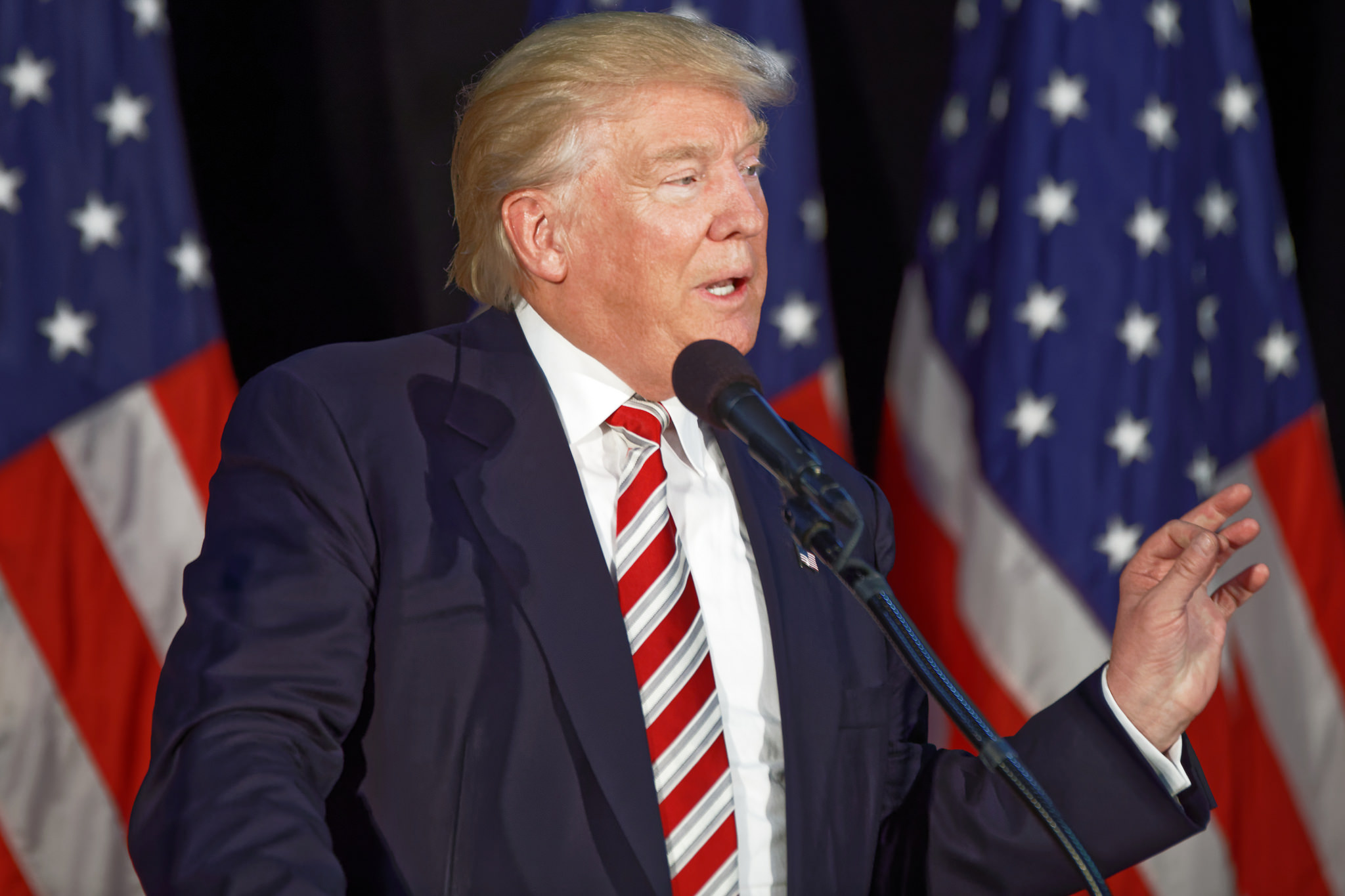
If both houses of Congress initially approve the measure, it is unlikely they will be able to garner the two-thirds majorities in each chamber to override President Trump’s inevitable first-ever veto.

On Friday morning in the Rose Garden at the White House, President Donald Trump announced that a “deal has been reached” to reopen the 25 percent of the federal government that has been closed since December 22, 2018. The sudden change in momentum came as major airports are experiencing long delays and over 800,000 federal workers are getting ready to miss a second paycheck.
President Trump pledged to sign a bill on day 35 of the shutdown that would reopen the government for three weeks, until February 15. The funding package, however, will not include any money for the proposed U.S.-Mexico border wall.
On Thursday, Trump relayed to reporters that he would support “a reasonable agreement” to reopen the government as the impasse between the Republican-controlled Senate and the Democrat-controlled House of Representatives has reached extreme divisiveness. That same day, Senate Majority Leader Mitch McConnell (R-KY) scheduled votes for two likely failing plans to reopen nine federal agencies.
Under the Republican plan, $5.7 billion would be allocated to building the U.S.-Mexico border wall (or barrier) in “strategic locations” and, per President Trump‘s remarks, provide for a three-year extension of protections for over 700,000 undocumented immigrants shielded from deportation under the Obama-era Deferred Action for Childhood Arrivals (DACA) program. Trump’s funding request also includes $800 million for humanitarian assistance, $805 million for drug detection technology, 2,750 more border agents and law enforcement officers, and 75 more immigration judges.
Democrats, on the other hand, have continued to work on a package that would ignore the president’s demand for $5.7 billion for a southern border wall and would instead allocate funds for other ideas aimed at protecting the border, what they call a “21st Century plan.” Although the Democratic Party’s border security plan and its costs remain a work in progress, it is said to include money for scanning devices and other advanced technological tools to bolster security at certain ports of entry at the southern border, as well as money for additional border agents and immigration judges.
According to a report from AP, the Senate first rejected the Republican plan, garnering just a 50-47 vote for the measure, 10 shy of the 60 votes needed. Minutes later, senators voted 52-44 for the Democratic alternative, eight shy of the 60 votes needed.
Last night and this morning, at least five Republican Senators called Trump to urge him to reopen the government, having the upper chamber consider his $5.7 billion request for border wall money through different legislation.
With the government set to reopen for the next three weeks, the president added in his speech that a bipartisan contingent of lawmakers from both the House and Senate will meet to develop a border security funding proposal for the Department of Homeland Security.

Democrats are claiming that the 42 open Republican seats in the House are primed for the taking, but their easy math just isn’t there.
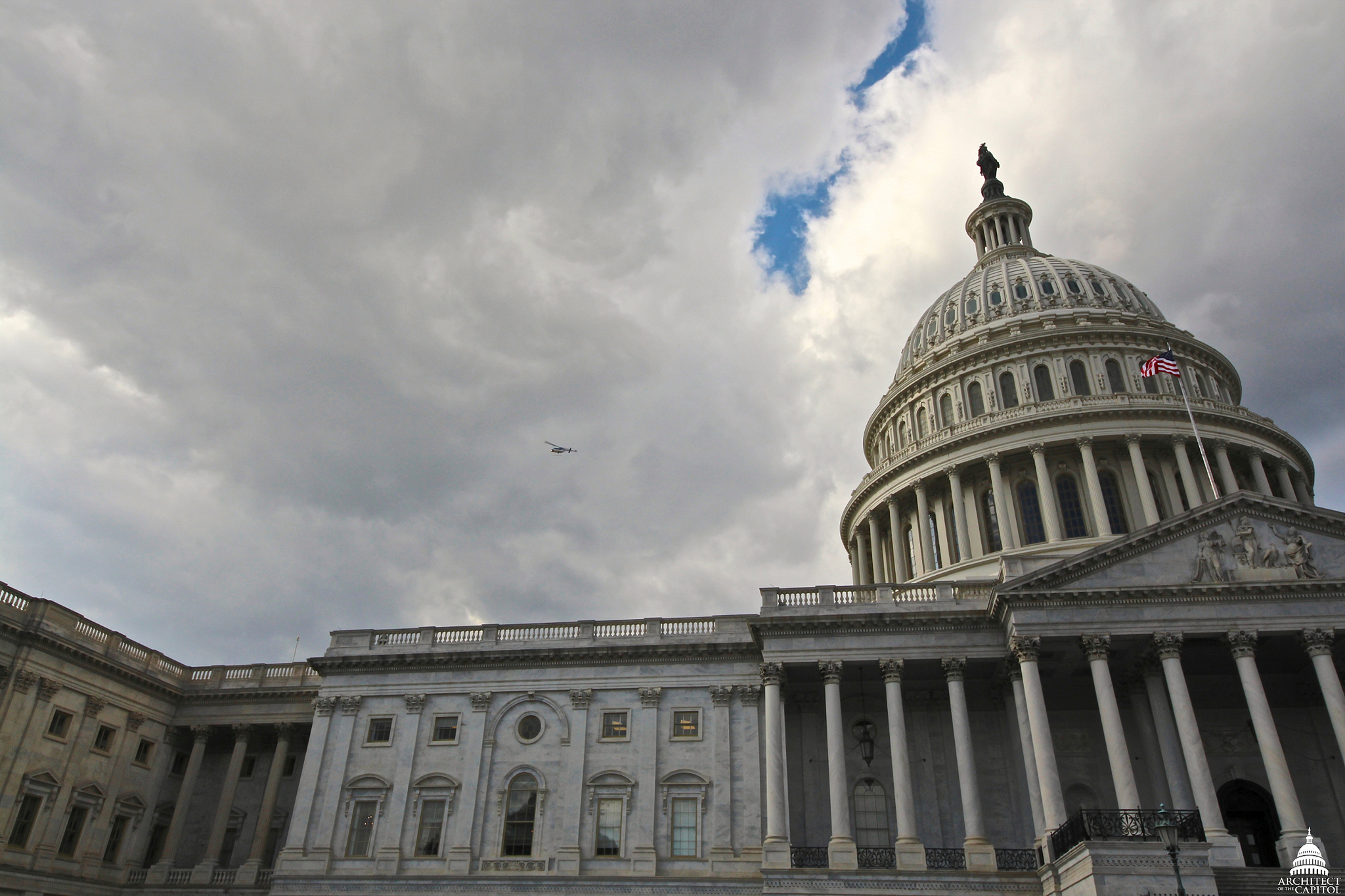
After the seemingly terrible $1.3 trillion omnibus spending bill was voted on late last month, one freshman House Republican believes that congressmen and women are not doing the homework when it comes to making critical decisions and has decided to do something about it.
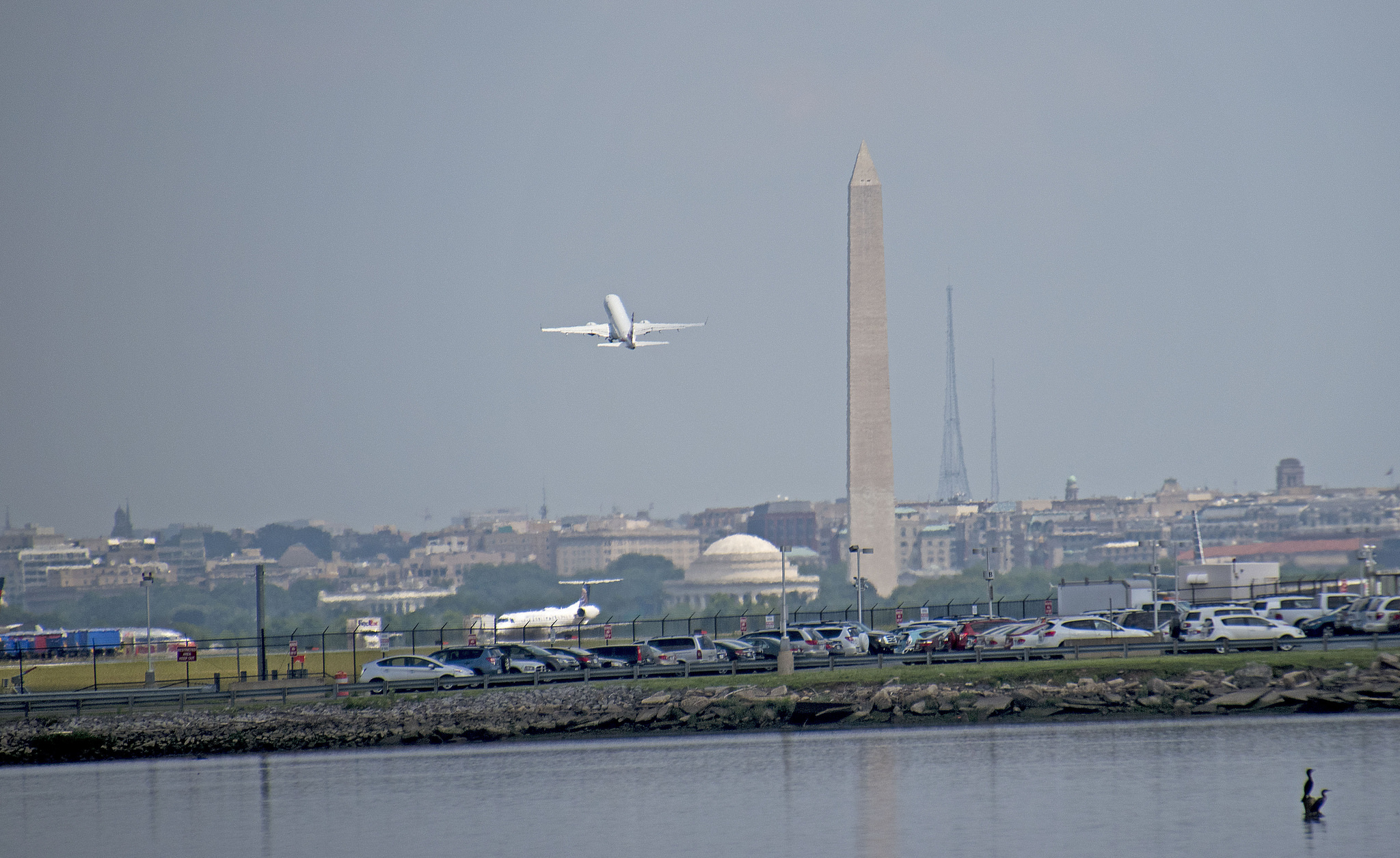
As the reauthorization legislation of the Federal Aviation Administration (FAA) cleared the House of Representatives last week, it also included amendments to bolster federal support for spaceports and to reduce airport noise, forwarded by Congresswoman Barbara Comstock (VA-10).
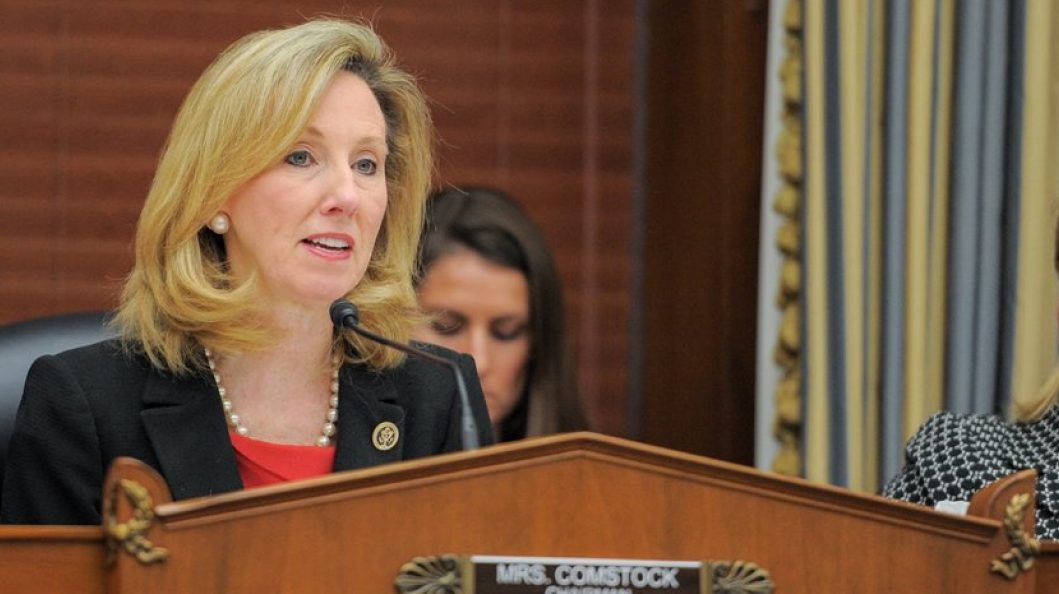
Barbara Comstock’s Project Safe Neighborhoods Grant Program Authorization Act passes through House giving NOVA police tools to combat gangs like MS-13.